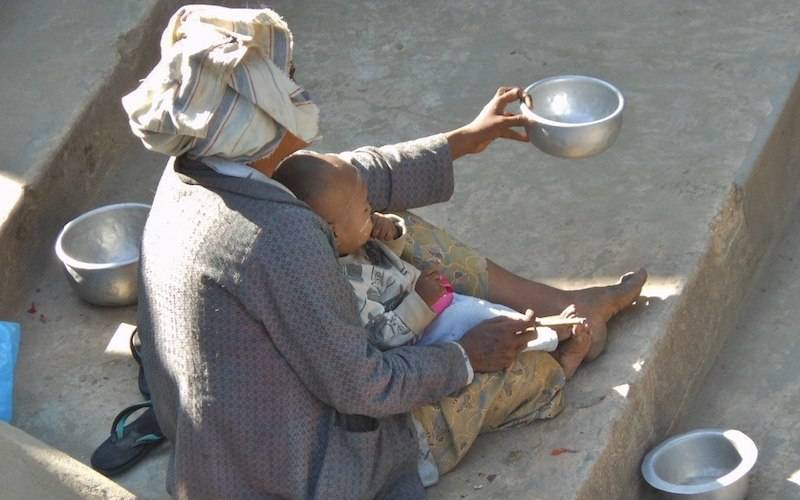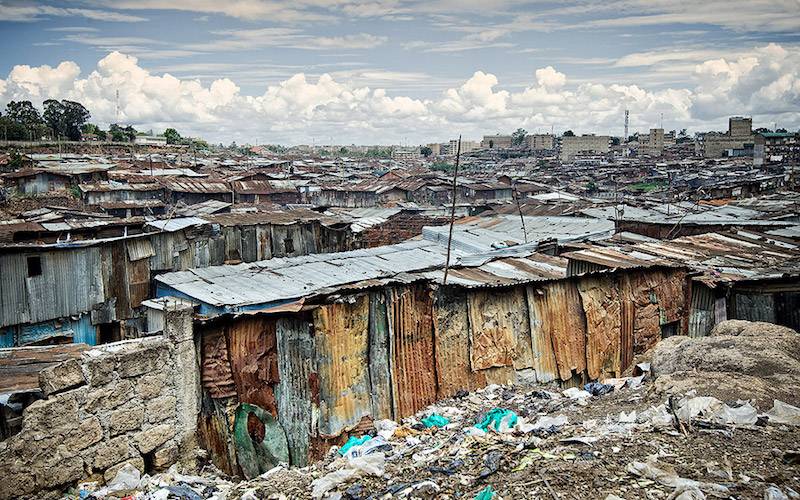I hope that you had the chance to read my slightly controversial blog on why you should not give money to people in developing countries (Should we Give Money to Beggars). I am prepared to stick my neck on the line and say – don’t give people cash directly!
And I don’t say this because I’m cold and heartless. I say this because I have had extensive travel and volunteer experience in developing countries and I know what works long-term and what doesn’t.
What are Developing Countries?
Developing countries are less economically developed countries. Examples of developing countries include Pakistan, Peru, Rwanda and Bangladesh. Many people in developing countries are facing poverty on a daily basis.
People used to refer to developing countries as ‘third world’ as opposed to ‘first world’ (developed countries). However, we avoid using the term ‘third world’ nowadays as it is no longer accurate or appropriate. I believe that ‘Third world’ is a Western imposition that implies some countries are worth less than others, which is not the case, they are simply at different stages of development.
Book your cheap accommodation with hostelworld.com

Helping developing countries – Why listen to me?!
I ran a social enterprise called Kigali Crafts for three years, which supported Rwandan genocide survivors through fair trade. Closing Kigali Crafts because it was unsustainable during the recession was one of the hardest things that I have ever had to do in my life. But what I learnt from this experience will lead to even bigger and greater things, and I don’t have one ounce of regret.
Just because I don’t believe in giving money directly to people, that doesn’t mean that I don’t care about poverty and international development. In fact, it means the opposite – I really do. But now I am aware that it is far too easy to have our Eurocentric views and project them on other countries, thinking that we know what’s best for them when in actual fact, we don’t.
Top 5 Ways of Helping People in Developing Countries
Here are my top 5 way that you can help developing countries. They are sustainable. They are rewarding. They are possible. They will make a difference.
#1 Travel!
Oh yes, how fantastic! You can help developing countries by travelling in them. Buy your food from the local market, take cultural tours and stay in their hotels. You are creating jobs and improving the economy by doing this.
By travelling to developing countries you are also learning about their culture. When you come home and share your wonderful experiences with others, this will hopefully have a positive effect on tourist numbers as you encourage more people to go.
Compare hotel prices on booking.com, hotels.com or Agoda.
#2 Volunteer
Sometimes, doing a whistle stop tour of a city in just 5 days is just not enough. With the rise of voluntourism, you can get to know the local culture, make new friends and make a difference. Time and skills are very valuable commodities.
I volunteered with Faith Victory Association in Rwanda, and, apologies for the cliche, but it changed my life and the way that I understood things.
When you volunteer, be flexible and understand that things might not work in the same way as they do back at home. If you go in with this attitude, you will gain much more from your volunteer project abroad.
Think carefully about where you want to volunteer and who you want to work with. For me, it was about teaching and women’s empowerment. You may have medical skills to offer in a health centre or you might like to work on a conservation project. The possibilities are endless. A great place to start your research for a volunteer placement is Global Volunteer Network. However, it might be more cost effective if you approach the charities on the ground directly (see Should I pay to Volunteer?)
#3 Give money to Sustainable Projects and Large NGO’s
Tempting as it is to give money out to someone who seems to be in need on the streets, it’s much more effective to give that money to a Charity or NGO (Non-governmental Organisation).
When choosing an NGO to donate to consider the following….
- Does it support projects in the country that you want to support?
- How long has the NGO been running?
- Does it operate on an International scale?
Given the experience that I now have, I would only give money to the large NGO’s that operate internationally, such as Oxfam and Action Aid. That’s because I have seen so many smaller and newer projects fail due to unsustainability. You wouldn’t want to invest money only to see it go to waste, would you?
For further reading, you might be interested in reading ‘Should we give money to Beggars?’

